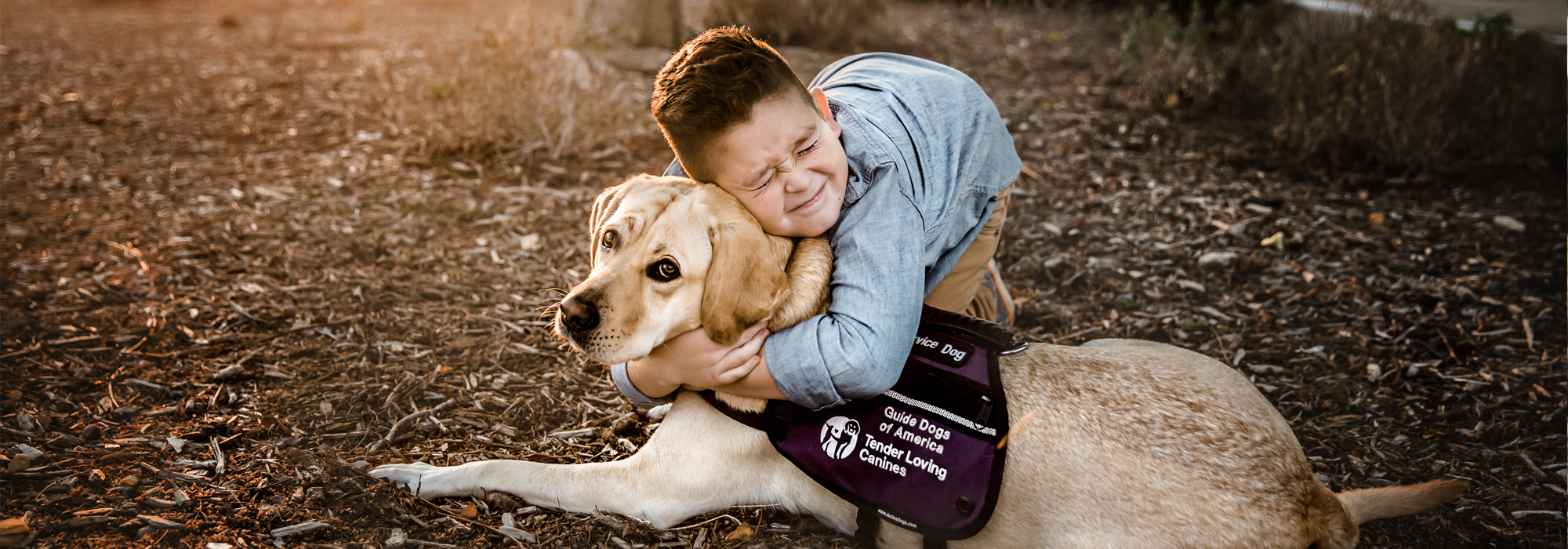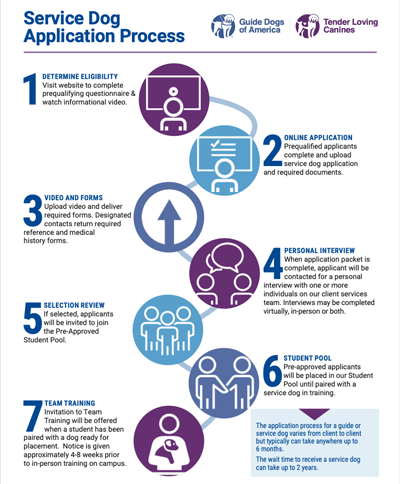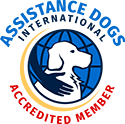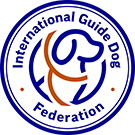
Is a Service Dog for Autism Right For You?
Service dogs can address the following areas affected by autism by:
- Performing behaviors the child can model in therapy sessions.
- Behaviors dog can perform may include secondary leash or handle led walking in public.
- Interrupting or alerting to early signs of maladaptive or repetitive behavior, escalation in stress or anxiety, or other responses to triggers.
- Behaviors dog can perform may include chin rest, nose nudge.
- Providing grounding or sensory input to decrease physiological symptoms of stress/anxiety.
- Behaviors dog can perform may include applying weight or pressure by leaning into child or lying down on child’s lap or feet.
- Assisting with mobility limitations.
- Behaviors dog can perform may include retrieval, delivery or carrying of items, tug or push things open/closed, on/off, etc.
- Assisting with daily living skills.
- Behaviors dog can perform may include dressing, undressing, retrieval for motor skills support.
- Providing occasion for social engagement by utilizing social stories for the child and corresponding behaviors of the dog can be developed to enhance social interaction.
- Behaviors dog can perform may include wave, bow, fist bump, etc.
Minimum criteria to apply for an autism service dog:
- Diagnosis of autism
- Be between 6 – 9 years of age
- Must be participating in therapy or other intervention services to support their child
- Your child is excited and seeks out dog interactions
- Designate one adult Primary Handler for the service dog team, called the Third-Party Handler
- The Third-Party Handler must have the ability to independently complete Team Training, a hands-on training course and reside in our campus dorms in Sylmar, CA for 10 days. Please visit our Team Training page to learn more
- Desire to utilize a service dog for public access and interaction, as a trio; trained Handler, child, dog
- Third-Party handler must be able to care and watch the dog during all hours of the day. The dog can’t be left with the child independently
- Be prepared to share detailed information that pertains to eligibility including personal history, medical and mental healthcare history, and references
- Ability to provide a safe, loving, healthy and stable home for a service dog
- Ability to provide for the dog’s physical, psychological and financial needs
CONTACT US
The contact person for Admissions and Graduate Services is Hanna Belyea. To request an application packet for admission, please call (818) 833-6442, or email us at: tlcadmissions@guidedogsofamerica.org








